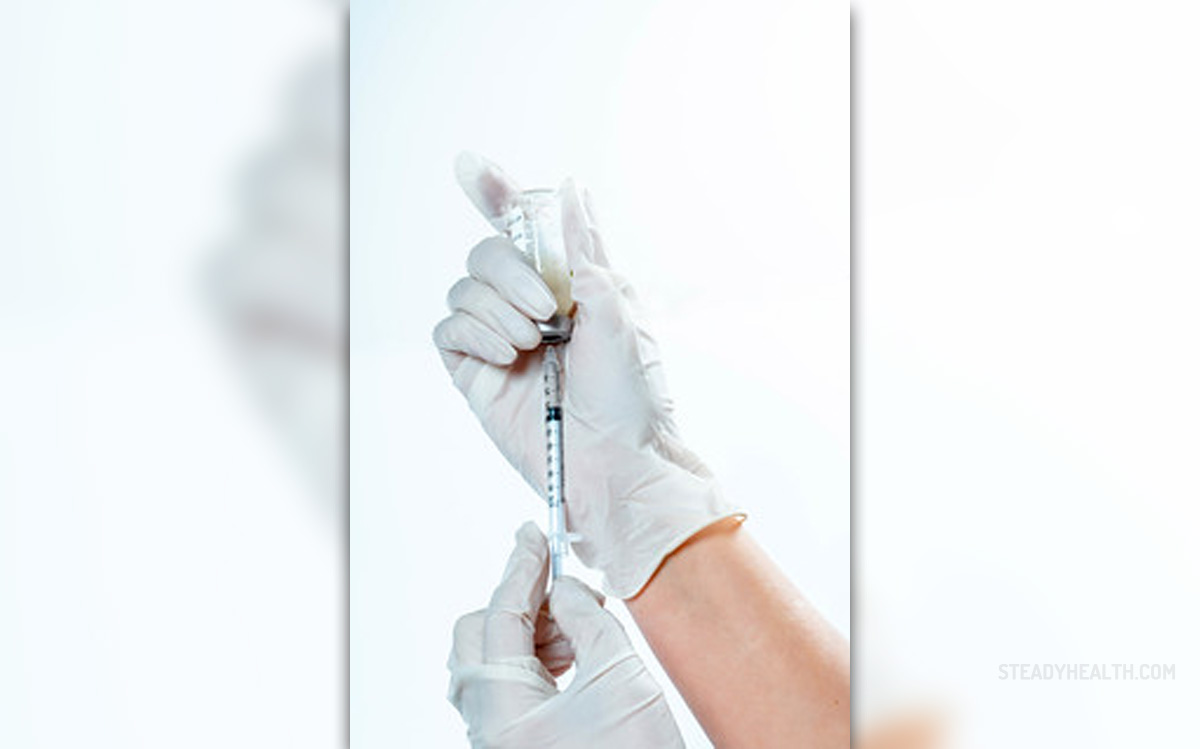
The simple answer is that yes, it is possible to get pertussis after receiving the vaccine. It happened to me and my young daughter. My daughter had been vaccinated, and I guess (but don't know for sure) that I was too. At first I thought we just had a cold, but when the characteristic whoop appeared, it was time to head to the doctor.
Getting diagnosed with whooping cough following the vaccine is extremely hard, and our regular pediatrician slapped the "bronchitis" label on the cough. When we were still coughing weeks later, we saw two other doctors and finally received confirmation of the self-diagnosis I'd already made (with Google's help!) by that time. Having pertussis was scary and made us very tired the coughing seemed to get worse at night. We got through it, after about a month, with the lesson that it is possible to get pertussis after receiving the vaccine.
Now for the stats: Whooping cough is generally caused by the Bordetella (B.) Pertussis bacterium, and this is what the vaccine is for. Some vaccines are more effective than others, and besides the two vaccines we mentioned above, there are also other shots available in countries outside the United States. If you want to know how long the vaccine you or your children have received are effective, you will need to know which vaccine you got and ask your doctor for more information.
According to the journal Pediatrics, pertussis-containing vaccines are from 83.6 percent to 97.7 percent effective. That means that, even during the time you are assuming to be "covered", there is a small chance of getting whooping cough anyway. In addition, there is another similar whooping cough disease caused by the B. parapertussis bacterium. There is no vaccine for this, and the symptoms are very similar to the B. Pertussis variety.
And, there is also some evidence that the B. Pertussis bacterium is becoming resistant to vaccination. If you do suspect that you or your children have whooping cough, see your doctor and pursue the correct diagnosis, even if you have been vaccinated. There is no quick way out for pertussis, but you can take fever reducers or over the counter pain killers, as well as taking plenty of rest. You may also be prescribed antibiotics, which reduce the chance of passing pertussis on to anyone else, and makes complications like pneumonia less likely.


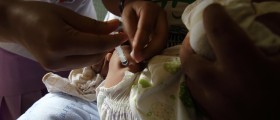

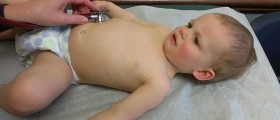



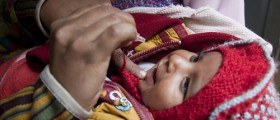


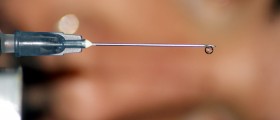




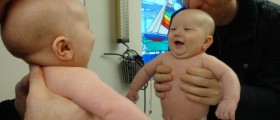
Your thoughts on this
Loading...